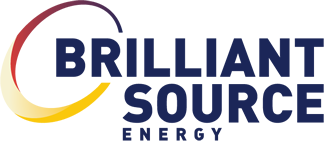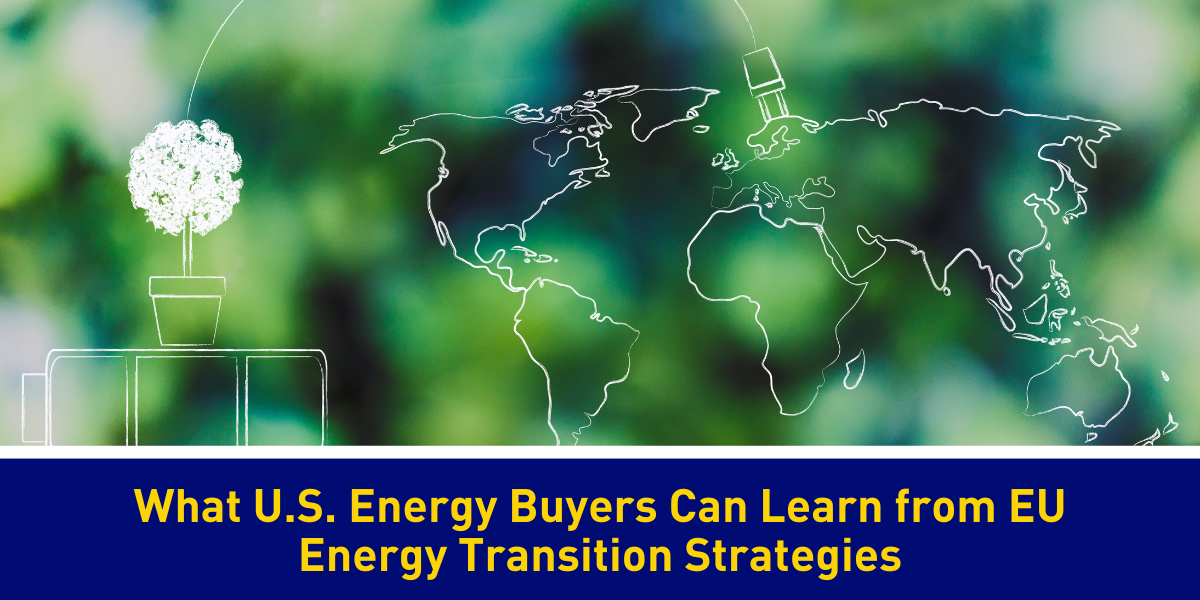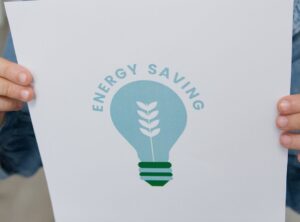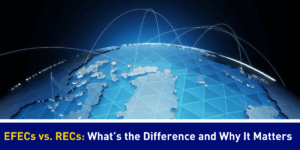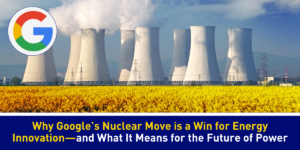A Pragmatic Approach to Decarbonization and Energy Security
As the global energy landscape undergoes a significant transformation, the European Union (EU) is offering a fresh, pragmatic perspective on managing the transition. Recently, EU leaders have emphasized the importance of transparent, realistic conversations around balancing decarbonization targets with economic and energy security concerns—an approach U.S. energy buyers can apply to their procurement strategies.
Key Lessons from the EU’s Approach
1. Acknowledging the Ongoing Role of Fossil Fuels
While the EU remains committed to ambitious climate goals, policymakers recognize that fossil fuels will continue to play a role in ensuring grid stability and affordability, especially as renewable infrastructure scales up.
2. Prioritizing Energy Security and Affordability
The recent energy crisis in Europe has highlighted the need to maintain diversified energy sources to avoid supply disruptions and price spikes. U.S. businesses can benefit from a similar emphasis on balanced portfolios to protect against market volatility.
3. Phased, Transparent Transition Timelines
Rather than pursuing overly aggressive decarbonization deadlines, the EU is focusing on phased strategies, openly communicating the technical, economic, and societal challenges involved. Transparency allows for more manageable long-term planning.
How U.S. Energy Buyers Can Apply This Strategy
- Diversify Procurement Sources: Include natural gas, nuclear, and renewables to balance reliability, cost, and sustainability.
- Plan for Incremental Change: Implement carbon reduction strategies in phases to manage financial and operational impacts.
- Monitor Global Policy Trends: Stay informed on international energy policies that may influence U.S. markets and supply chains.
Related Resources
- Energy Market Outlook 2025: Pillar Page Overview
- Natural Gas Price Forecast & LNG Export Trends (Coming Soon)
Interested in building a balanced, forward-thinking procurement strategy? Contact Brilliant Source Energy to get started.
